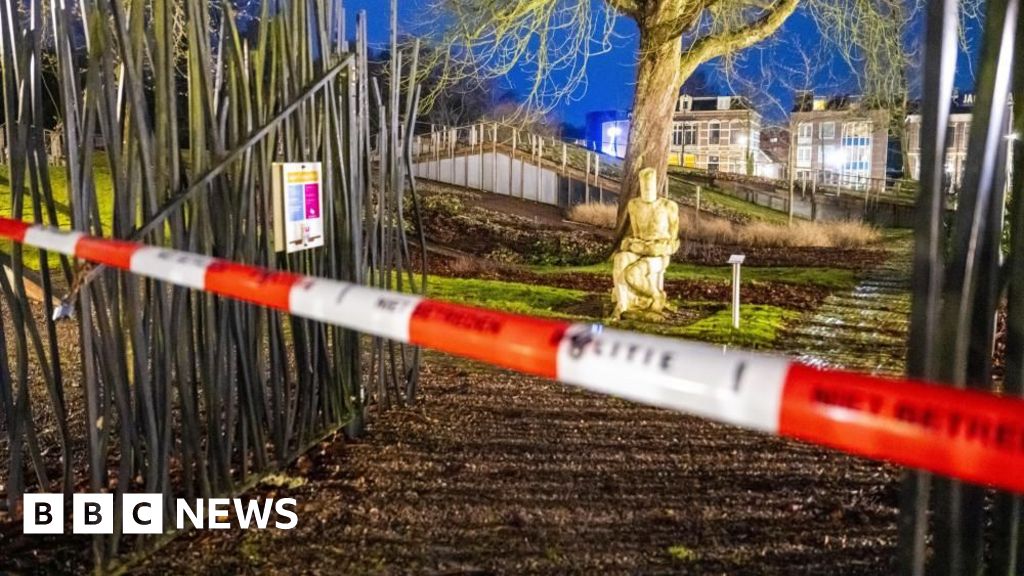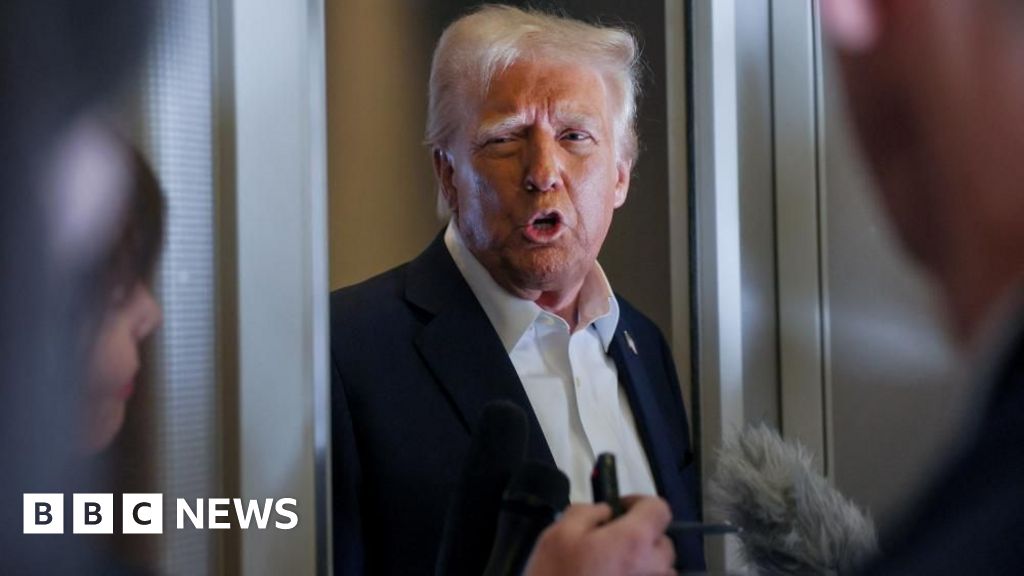ARTICLE AD BOX
 Image source, Reuters
Image source, Reuters
Chancellor Olaf Scholz denied his government was rowing back on its commitments to the green transition
By Ido Vock in London & Damien McGuiness in Berlin
BBC News
German Chancellor Olaf Scholz has announced that his coalition has reached an agreement over the budget after a month of crisis talks.
Germany's constitutional court ruled last month that next year's budget was illegal because it broke the law on taking on new borrowing.
Now the government has said it will stick to its low deficit commitments and cut some green subsidies instead.
Solar energy and electric car subsidies will end earlier than planned.
Mr Scholz's three-party coalition was thrown into crisis last month when the country's top court ruled that the budget for 2024 violated a constitutional clause banning Germany from running a deficit of more than 0.35% of GDP.
The resulting hole was only a small proportion of total spending, at some €17bn (£14.7bn), or about 3.8% of the total budget of €450bn.
Still, talks to plug the gap proved politically painful. The three parties in the coalition could not agree over whether to cut spending or suspend the debt rules for the fifth year in a row.
In the end, the coalition agreed to cut subsidies for green energy and construction, as well as transport spending.
Announcing the deal, Mr Scholz denied that his government was rowing back on its commitments to the green transition.
"The government will stick to its goals... but we must do so with less money," he said.
As part of the new cuts, subsidies for electric car purchases and solar energy infrastructure will be phased out more rapidly than originally planned. The way Germany's railways are funded will also change.
Less spending on the electrical grid will mean consumers will pay more for electricity.
But about €3bn of subsidies to polluting industries will be cut and the price companies pay to emit carbon will be raised, partially offsetting the impact of the environmental cuts.
The German government - which is the biggest supporter of Ukraine in Europe - says support for Ukraine will remain unaffected. Germany will send the country about €8bn in aid next year, Finance Minister Christian Lindner said.
All three parties which back Mr Scholz have claimed wins in the spending agreement.
The chancellor's centre-left Social Democrats say they have limited cuts to the welfare state.
The pro-business Free Democrats are claiming credit for preventing new borrowing.
And the Greens say the government is sticking to its core environmental aims, even if certain schemes have been rolled back.
Germany's political culture is strongly averse to debt and deficits. But some economists say an aversion to high spending has led to persistent underinvestment in key infrastructure.
The country has one of the lowest public debts of the big developed countries.

 1 year ago
18
1 year ago
18








 English (US) ·
English (US) ·